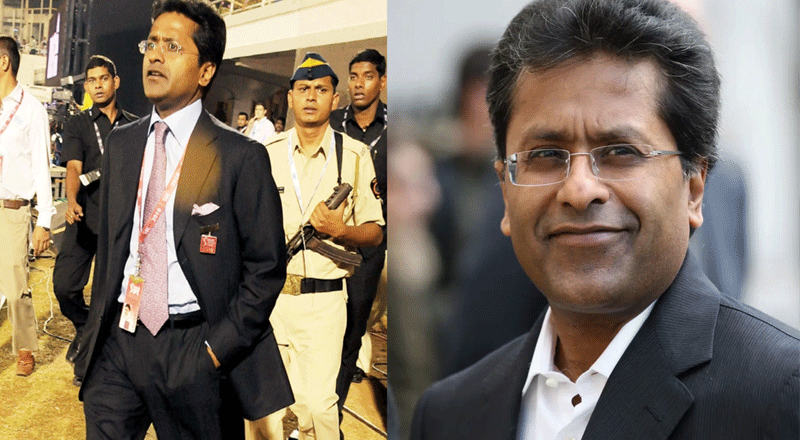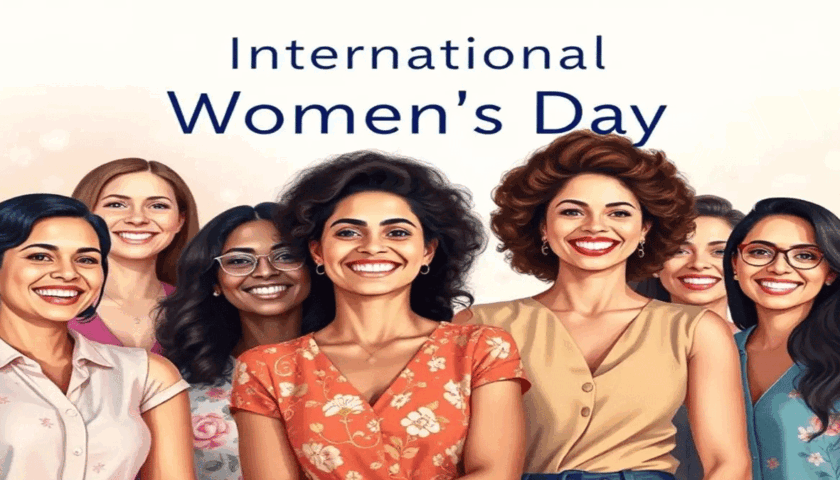A Controversial Debate Sparks Protests
The recent debate titled “This House Believes in the Independent State of Kashmir” at the prestigious Oxford Union has reignited global conversations about the Kashmir issue. Organized by Oxford University’s debating society, the event saw vocal protests led by INSIGHT UK, a group representing British Hindus and Indians in the UK. The protestors raised concerns about the inclusion of speakers alleged to have ties to extremist groups, claiming that the debate undermined India’s sovereignty and could escalate tensions.
The incident brings to light the enduring sensitivities surrounding Kashmir, its political status, and the broader implications of global forums discussing such contentious issues.
Protest and Outcry: The Lead-Up to the Debate
INSIGHT UK, an organization advocating for the Indian diaspora, led the demonstrations outside the Oxford Union. Protestors chanted slogans like “Bharat Mata ki Jai” and “Vande Mataram”, emphasizing their objection to the debate and the selection of certain panellists.
A letter from INSIGHT UK to the Oxford Union expressed deep reservations, specifically about:
1.Muzzammil Ayyub Thakur, president of the World Kashmir Freedom Movement, accused of inciting hate speech and linked to extremist organizations.
2.Zafar Khan, chairman of the Jammu Kashmir Liberation Front (JKLF), an organization with a controversial past, including alleged involvement in violent acts against the Kashmiri Hindu community.
The letter underscored concerns about the implications of providing a platform to individuals associated with divisive narratives and accused of anti-India rhetoric.
The Debate: Voices and Perspectives
The Oxford Union framed the debate as a discussion on whether an independent Kashmir could resolve the long-standing crisis in the region. The union’s official description highlighted the region’s history of unrest, human rights concerns, and the geopolitical rivalry between India and Pakistan.
The panel included:
Muzzammil Ayyub Thakur, advocating for Kashmiri independence.
Zafar Khan, representing the JKLF’s stance on self-determination.
Prem Shankar Jha, a former media adviser to Prime Minister VP Singh, offering an Indian perspective.
While the debate aimed to provide a platform for diverse viewpoints, critics argued that the inclusion of controversial figures undermined the integrity of the discussion.
Historical Context and Previous Controversies
This is not the first time the Oxford Union has faced backlash for addressing the Kashmir issue. Earlier, filmmaker Vivek Agnihotri declined an invitation to participate in a similar debate, calling the theme “offensive” and “anti-India”. Agnihotri criticized the framing of Kashmir’s political status as a debatable issue, citing it as a challenge to India’s sovereignty.
In 2022, the Oxford Union canceled a scheduled talk by Agnihotri during his Humanity Tour, allegedly due to the influence of an Oxford Union President with a perceived anti-India stance. These incidents reflect the polarized opinions surrounding discussions on Kashmir, especially in international forums.
Broader Implications: Free Speech vs. Sovereignty
The controversy raises important questions about the balance between free speech and national sovereignty. Debating Kashmir’s status on international platforms often invites scrutiny, as it touches on deeply rooted historical, cultural, and political tensions.
For Free Speech Advocates:
Proponents argue that open debates foster dialogue and understanding. The Oxford Union, with its tradition of debating contentious topics, defends its events as opportunities for intellectual engagement.
For Critics:
Opponents view such debates as insensitive, especially when they involve speakers accused of promoting divisive or extremist agendas. For many, framing Kashmir as a topic of debate disregards the struggles of those affected by violence and displacement, particularly Kashmiri Pandits.
The Role of Diaspora Organizations
INSIGHT UK’s vocal opposition reflects the broader concerns of the Indian diaspora about perceived biases in global discussions on Kashmir. By mobilizing protests and leveraging social media platforms, organizations like INSIGHT UK seek to influence public opinion and counter narratives they deem harmful to India’s image and sovereignty.
Conclusion: A Need for Nuance
The protests at the Oxford Union highlight the enduring complexities of the Kashmir issue. While debates in global forums can provide valuable perspectives, they must be approached with sensitivity and fairness. The inclusion of controversial figures, without addressing the pain of affected communities, risks turning serious issues into spectacles rather than fostering constructive dialogue.
For India and its diaspora, incidents like these underscore the importance of engaging with global narratives to ensure balanced representation. As the debate over Kashmir continues, forums like the Oxford Union must tread carefully, ensuring that their discussions do not exacerbate existing divisions but instead contribute meaningfully to understanding and resolution.
(With inputs from the agencies)





